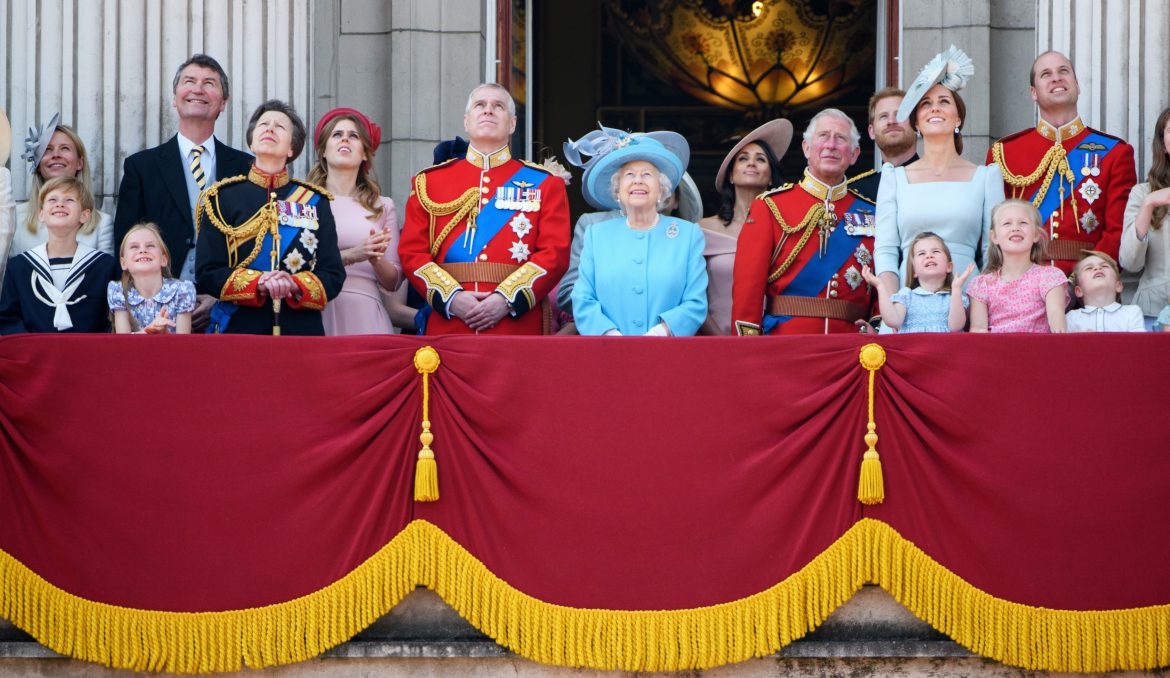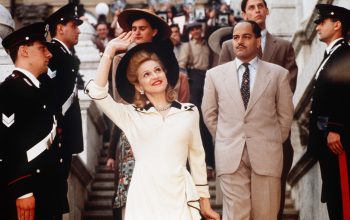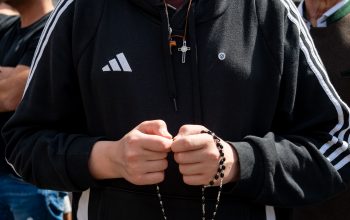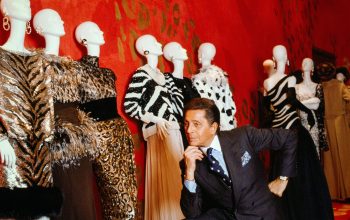To many, the Queen is a well-respected figurehead who acts as a focus for British identity, unity, pride and stability, but over recent years her admiration among younger generations has fallen.
In February, Queen Elizabeth II became the first British monarch to celebrate a Platinum Jubilee after reigning for 70 years. The Queen’s historic reign will be celebrated in June, but for more than a third of people aged 18-24, this may not be something to commemorate.
A YouGov survey conducted in 2021 found that only 31 per cent of people aged 18-24 supported the monarchy, in contrast to 41 per cent who would prefer an elected head of state. This differed from the same survey in 2020 which found that 40 per cent of 18-24 year olds supported the Queen.
Dr Sally Horrocks, professor in contemporary British history at the University of Leicester, described the Press as a comfortable ‘ecosystem’ in which the monarchy operated in to uphold their image. But, the spread of news through social media has made it increasingly difficult to retain a crisis within that bubble.
Horrocks said: “Newspapers, like the Daily Mail, have previously promoted the Royal family and particular versions of it.
“With the younger generation it is now hard to control media narratives, because it is not just about TV and the printed press, you have access to all sorts of information through social media.”
The figure for the younger generation dramatically differs from the 81 per cent of people aged over 65 who were in favour of a British monarchy.
Republican and filmmaking student at Sussex University Izzy Schulte, 22, said: “Social media has opened a lot of people’s eyes to different political views and ideas surrounding the monarchy.”
According to Reuters, a third of young people aged 18 to 24 use social media as their main news source, which shows the powerful influence it is having on the information fed to younger people.
Retail assistant Xavia Magero, 22, said her lack of support for the monarchy was due to the generational shift, which has led to a lack of connection to the current Queen.
“The monarchy benefits and connects with the older generation more as it was at a peak during their younger years, so the things it stands for are more aligned with the older generation,” she said.
Monarchist and vaccine clinic volunteer Peggy Young, 67, said she can see a shift in the royal family’s role from when she was younger to the present.
Young said the Royal family played a significant role during the world wars as a beacon of stability and encouragement. During World War II the Queen’s father, King George VI, remained at Buckingham Palace with his wife, despite the palace suffering nine direct hits during the Blitz.
History and lived experience is a key factor in the older generations’ support for the Queen and suggests why young people lack this admiration.
“Even I can remember that you used to have to stand for the national anthem in cinemas… the royal family touched so many areas, scouts and guides, but do they anymore?” Young said.
From the recent backlash to the Duke and Duchess’s tour, it is clear the history of colonialism and its racist elements are still entangled in the British monarchy’s past.
History student at the University of Leicester, Alice Bennett, 21, said the shift in support for the Queen in the younger generation is due to the greater awareness of the impact of colonialism.
Even commonwealth Countries such as Barbados, a previous hub for the transatlantic slave trade, have parted ways with the Queen and removed her as head of state.

Only last week Prince William and Kate Middleton had to cancel their trip to a Belize village due to anti-monarchy protests, which raises the question of how long the commonwealth will survive?
“The huge protests in Belize about slavery and colonialism just prove that there is such a great awareness of it now and is a crucial feature in why people aren’t supportive,” Bennett said.
To add to the discontent, Prince Andrew’s recent lawsuit with Virginia Giuffre and involvement with Jeffery Epstein was a major blow to the Queen’s support.
However, a third of the younger generation do still have support for the Queen. Among the 31 per cent is hospitality manager Harry Russell, 22, who thinks the monarchy is a symbol of hope during times of hardship.
He said: “The Queen led us through the pandemic and the image of her sat alone at Philip’s funeral is a poignant one, especially when compared to the actions of Donald Trump.”
Alongside hope the British royals support hundreds of charities and over 3,000 organisations name a member of the Royal family as their patron. Their charity work is diverse from the Queen’s involvement with the British Red Cross to Princess Anne’s support for women in STEM.
Monarchist James Gledhill, 42, points to the late Prince Phillip’s Duke of Edinburgh Award. He said: “The role of the monarchy is very important because of their influence and involvement with charities and getting behind schemes to help people.”
Political Editor





